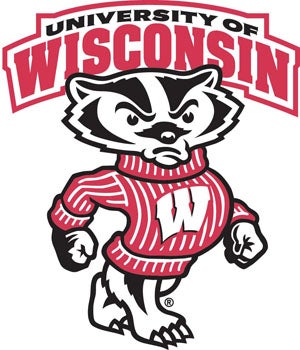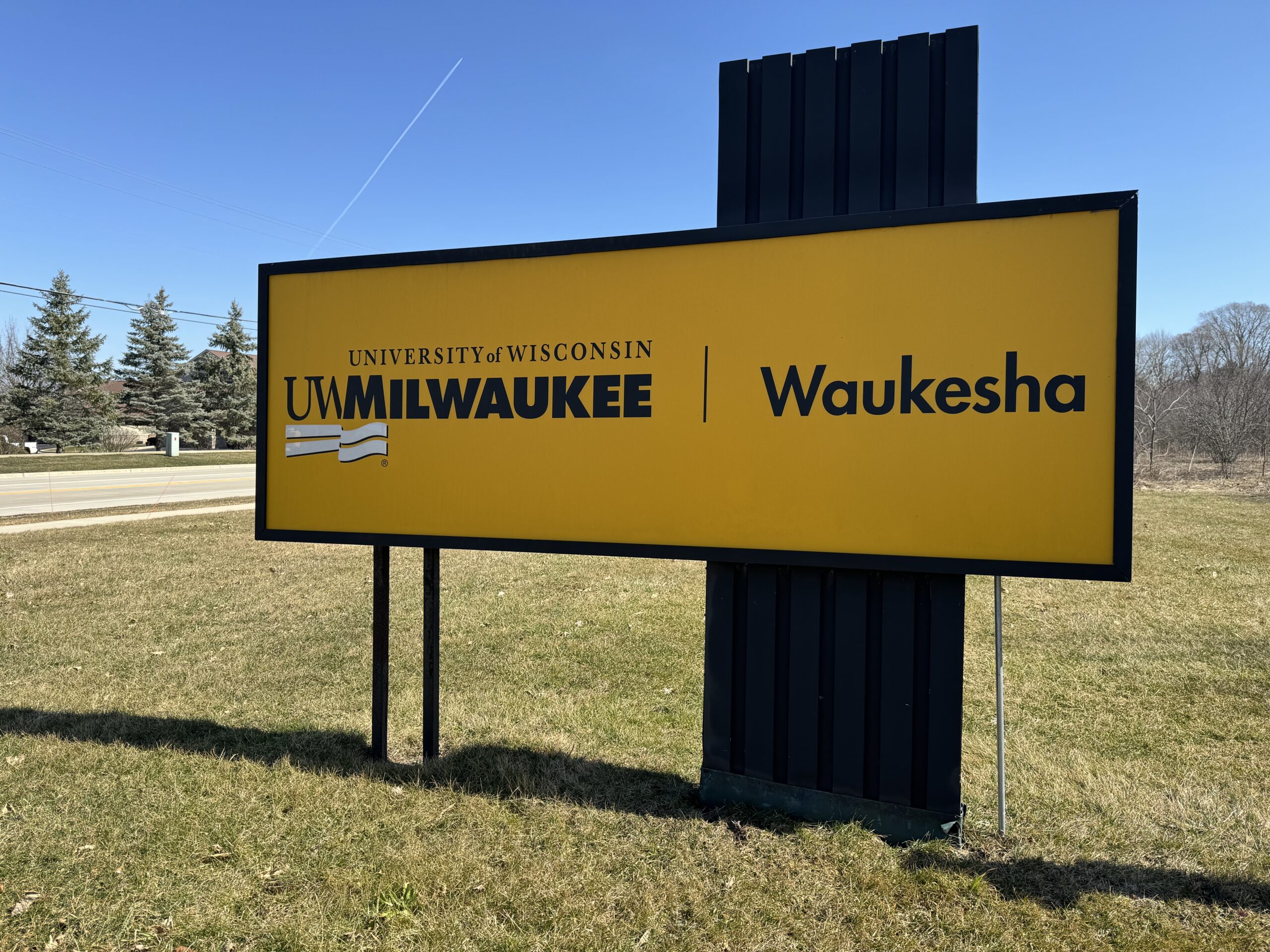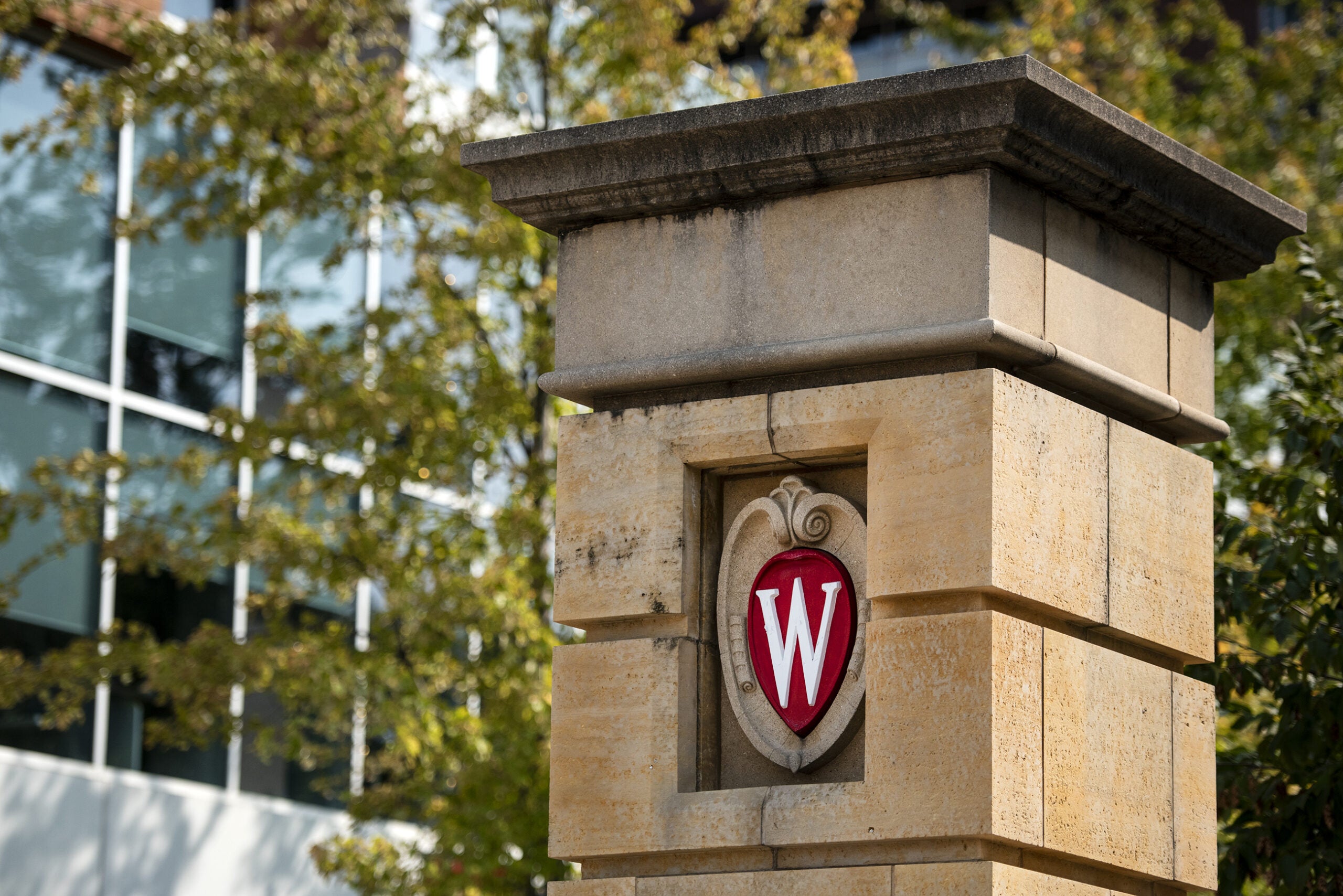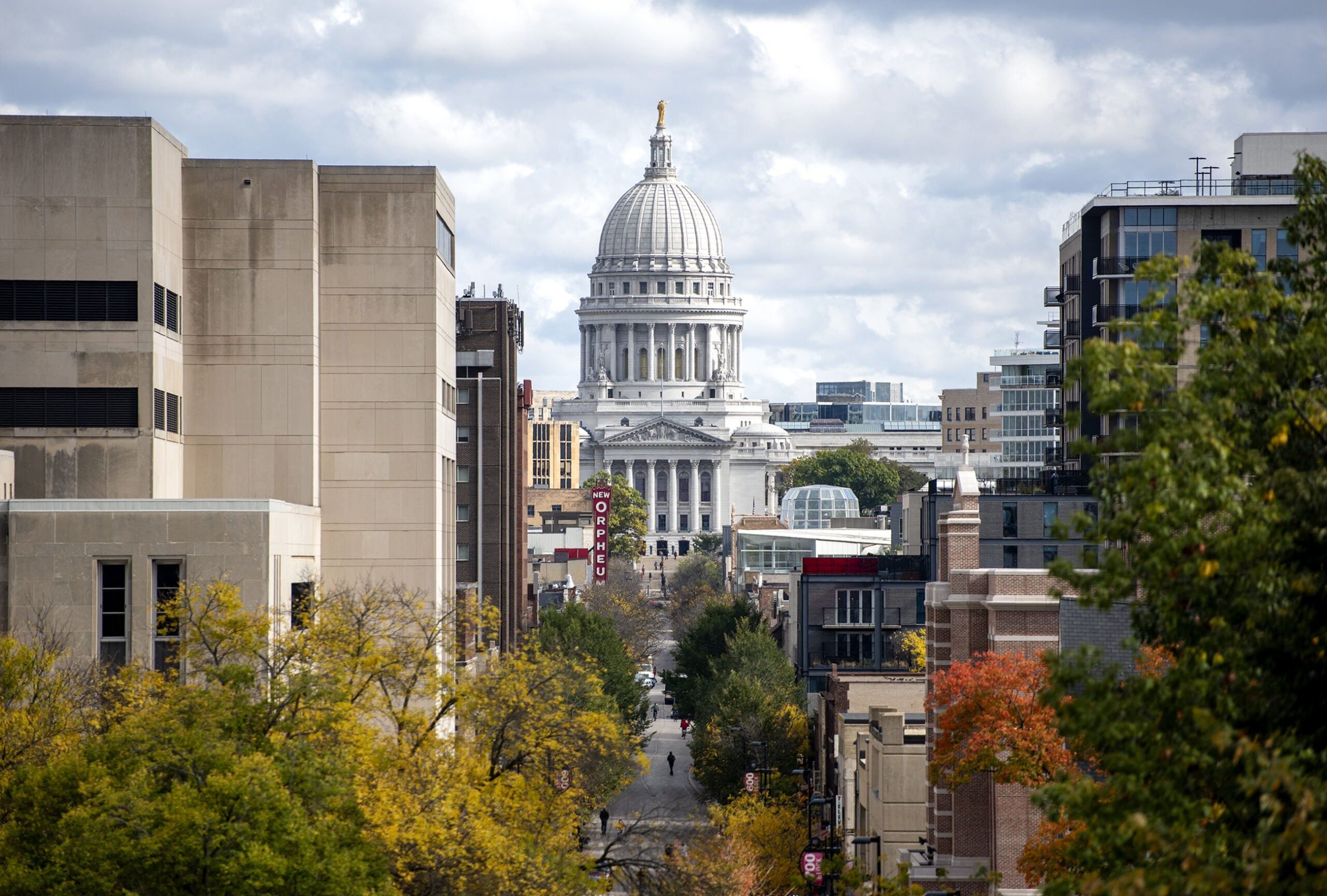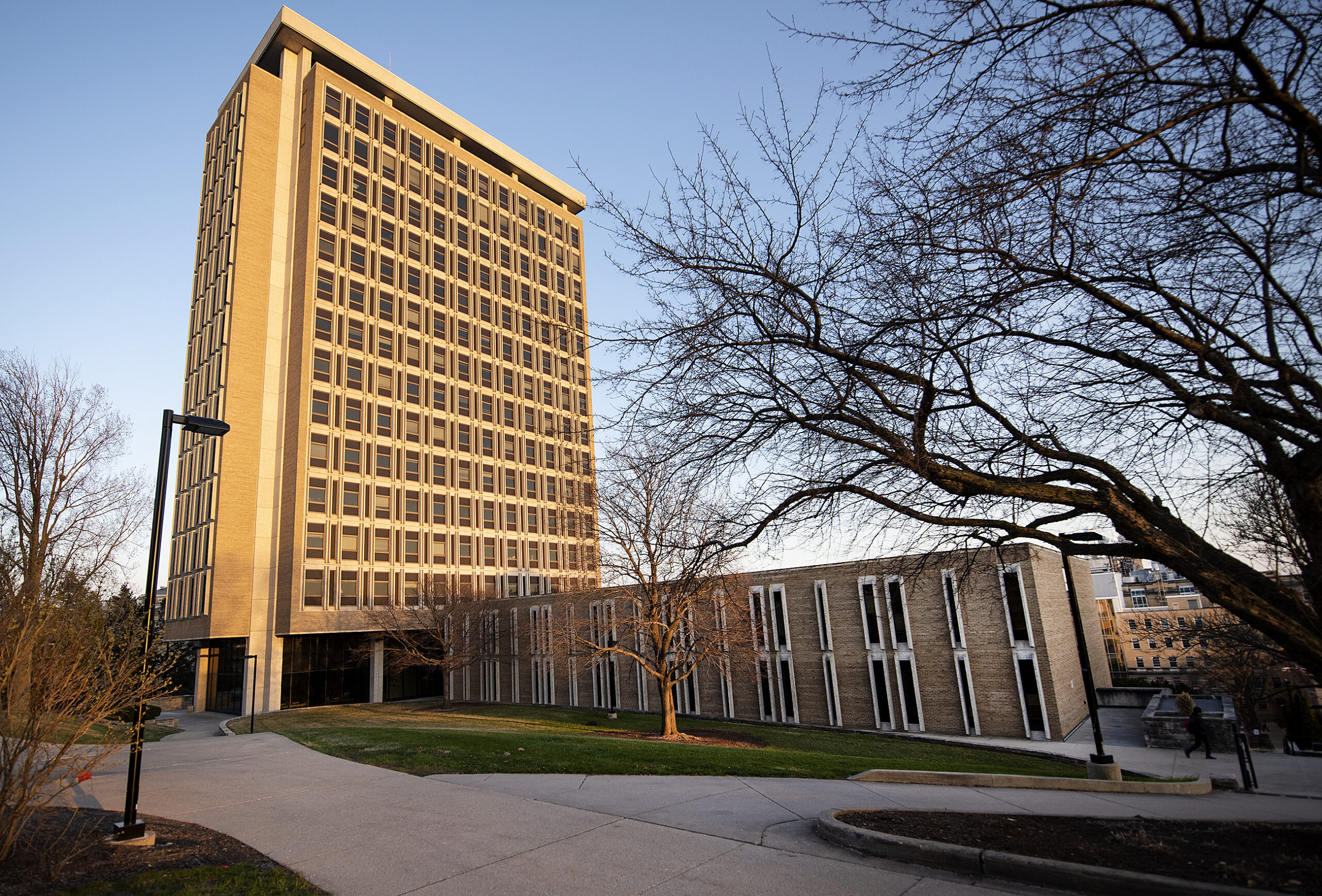The president of the University of Wisconsin system told lawmakers yesterday that the Governor’s budget would lead to the lowest tuition increase in a decade, but he pushed back against the idea of a tuition cap.
Walker’s budget would set aside $181 million in new state money for the UW and give the University more flexibility to decide how to spend it. System President Kevin Reilly told the legislature’s budget committee it would help more students graduate and keep tuition low.
“If the Governor’s proposed budget passes as is, we could see the lowest tuition increases in the UW in a decade, which would clearly be welcome news to our 180,000 plus students and their families.”
Stay informed on the latest news
Sign up for WPR’s email newsletter.
But lawmakers from both parties asked Reilly whether he’d go a step further and embrace a tuition cap in state law. Racine Democrat Cory Mason said college debt was burdening students.
“We’re in the midst of a rough economy and the jobs that are out there are tough. To walk out with tens of thousands of dollars of debt is a real burden.”
And Brookfield Republican Dale Kooyenga told Reilly tuition was burdening students’ families.
“There’s families struggling in Wisconsin and a lot of those families that are struggling have students in UW-Madison.”
But Reilly cautioned against a cap, arguing that funding cuts in the previous two budgets had left salaries at the UW far behind competing universities.
“I’d urge the state not to put a cap back on – at a point right where you’ve determined you want to give us some flexibility so we can operate efficiently – and then the first thing out of the box when we have the new flexibility is to say OK, we’re going to cap you.”
Reilly said another factor in student debt was funding for state higher education grants, which is held largely flat in the Governor’s budget.
(Financial disclosure: Wisconsin Public Radio is part of the University of Wisconsin Extension and would be impacted by the UW’s budget.)
Wisconsin Public Radio, © Copyright 2025, Board of Regents of the University of Wisconsin System and Wisconsin Educational Communications Board.
